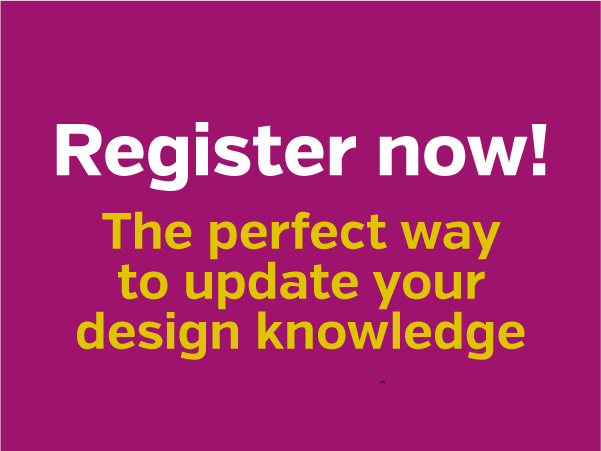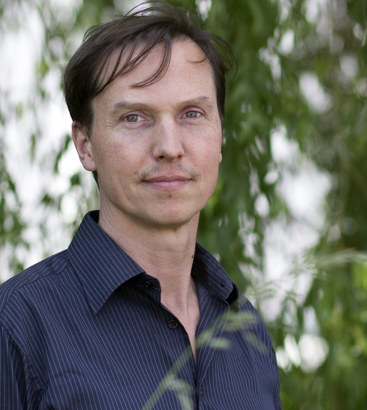Design for Fundamental Needs
IDE Design Master Class for Professionals
Identifying and designing for enjoyable and meaningful experiences
The essence of design lies in its ability to meet individual and collective needs. The relevance, purpose, meaning, and success of any design (product, service, building, etcetera) hinge on how well it satisfies fundamental needs. Design that addresses human needs not only evokes positive emotions but also has the potential to enhance long-term happiness.
This Master Class features a blend of interactive tutorials and workshops, exploring various aspects of design related to fundamental human needs, emotion, and happiness. The program includes theory, measurement, and practical applications. Participants will be introduced to design approaches that are grounded in robust theory yet remain pragmatic and user-friendly. By the end of the masterclass, participants will have deepened their understanding of fundamental needs, how design elicits emotions, and influences happiness. They will also gain hands-on experience in formulating design intentions that include Fundamental Needs.
Learning Objectives
During this masterclass, you will learn to:
- Understand what fundamental needs are and how they drive human emotions.
- Understand what emotions are and how design evokes emotions.
- Use tools and techniques to implement needs and emotions in design processes.
Content
- Fundamental need, emotion and well-being related theory and research methods.
- Design for fundamental needs and emotion techniques and methodologies.
- Practical tools that can be immediately applied in everyday practice, along with a comprehensive reference guide.
Speakers
Programme
| 9:00 | Registration, coffee and tea |
| 9:45 | Introduction: Emotion-driven design |
| 10:45 | Break |
| 11:15 | Lecture and exercise: Fundamental Needs |
| 13:00 | Lunch at the Porceleyne Fles |
| 14:00 | Lecture and exercise: Micro emotions |
| 15:30 | Break |
| 16:00 | Introduction: Functional perspectives on emotion |
| 17:30 | End of the first day |
| 9:30 | Lecture and exercise: From needs to motives |
| 10:45 | Break |
| 11:15 | Lecture and exercise: capturing emotions |
| 13:00 | Lunch at the Faculty of Industrial Design Engineering |
| 14:00 | Lecture and exercises: Design with dilemmas |
| 15:30 | Break |
| 16:00 | Debate: how to implement insights into practice |
| 17:00 | Closing and drinks |
Practical Information
How to prepare?
Bring an example of a product or design that contributes to your personal happiness.
Book
All participants receive a copy of the “Positive Design Reference Guide” (2015, TUD), and a copy of the “Human Experience Catalog” (2020, TUD). All course materials are included in the course fee.
After the course
Two months after the course, a pre-set consultation timeslot will be offered to all participants to share experiences and ask questions. The format and the timing will be discussed with the participants during the IDE Master Class.
Costs Master Class
| € 950 | standard |
| € 850 | for members of BNO, KIVI IO, HumanFactorsNL |
| € 750 | for IDE alumni |
Courses are VAT-free
Lunch, drinks, material and book are included
Reduction
| € 100 | for each additional Master Class per organisation in 2024 |
| € 100 | if you register before the 15th of September 2024 |

